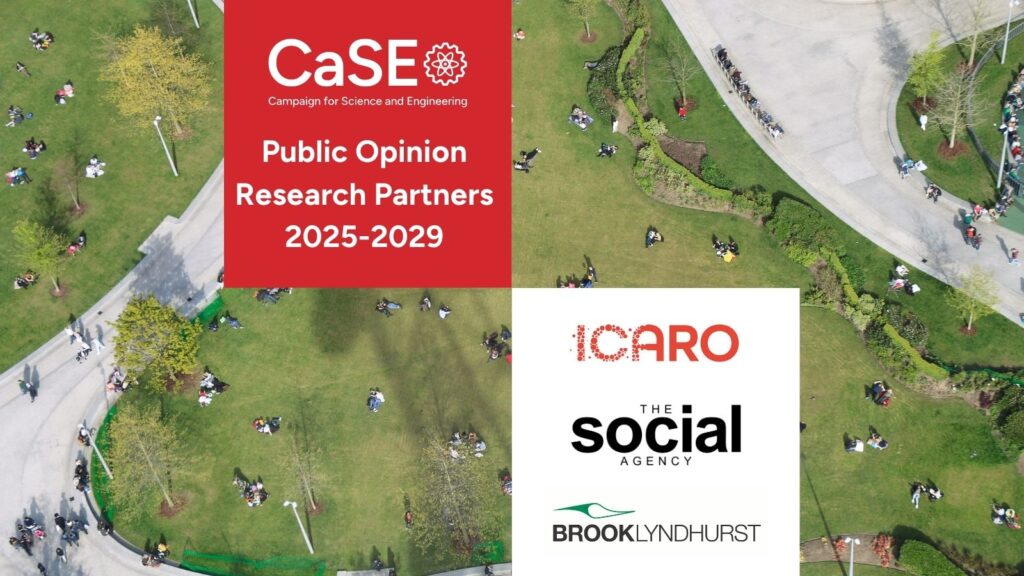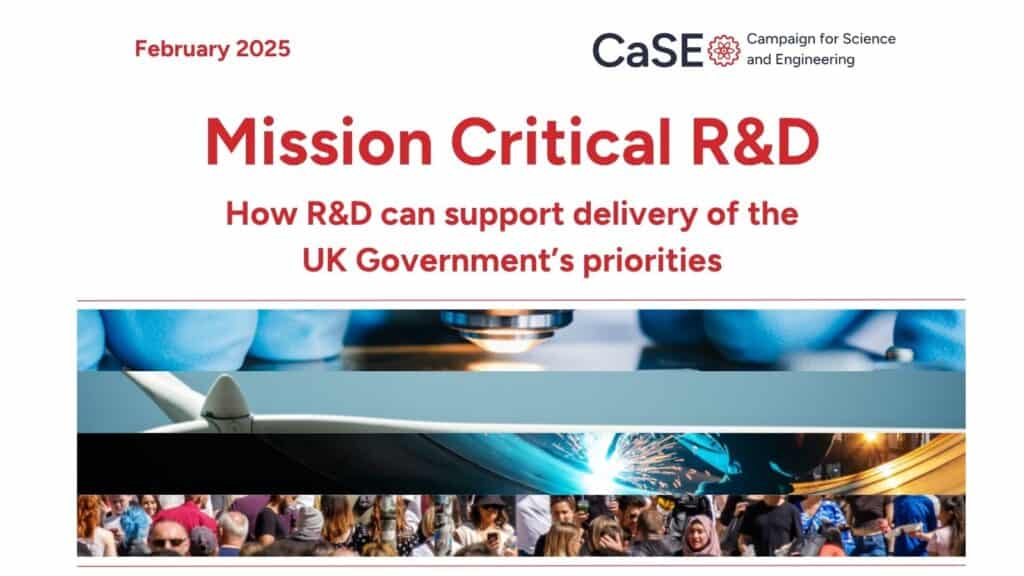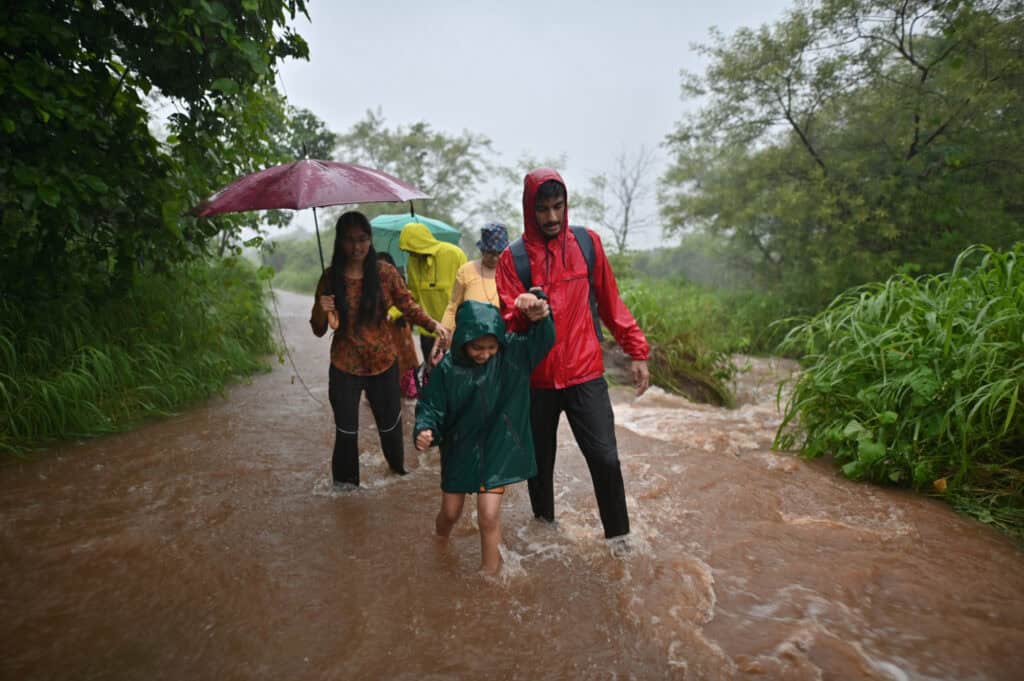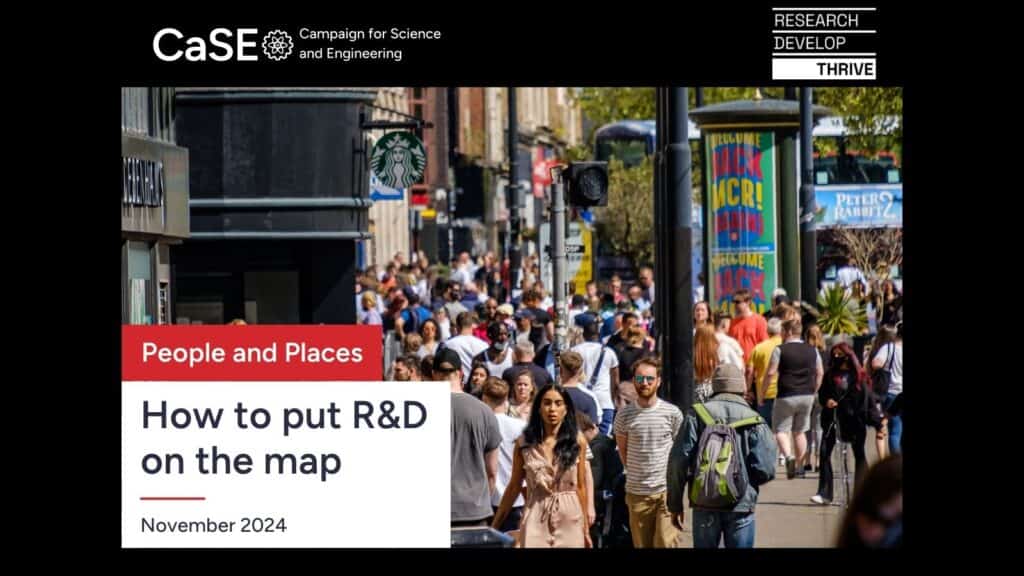
Helping the public connect with R&D needs relevant, relatable and honest messaging
30 Nov 2022

CaSE’s Discovery Decade project has today published a set of reports highlighting best practice in engaging the public on R&D, including recommendations that emphasise the importance of relatable, relevant and honest messages delivered by trusted voices.
The Discovery Decade project aims to create a more outward-facing vision for R&D that will connect with a broader base of public supporters. By demonstrating the societal value of R&D to the public, we can ensure R&D investment remains a political priority.
“Through our workshops, we’ve been up and down the country hearing directly from those working hard to make R&D relevant and urgent for the public. The Discovery Decade project is combining those insights with new data on the public’s perceptions of R&D, to develop tools and ideas that can help our sector reach a broader base of public supporters.”
– Ben Bleasdale, Director, Discovery Decade
We are taking an evidence-led approach, including by polling 10,000 people across the UK to address assumptions and better understand what the public really thinks and feels about R&D.
To help us make sense of this data, we are speaking to experts across our sector, and our workshop series is part of our efforts to highlight best practice. Each has been co-hosted with expert organisations.
Today we are publishing reports from workshops exploring R&D institutions’ relationships with their local communities; how medical research charities engage donors on R&D; and what role R&D can play in a vision for Greater Manchester.
These workshops capture the sector’s many strengths, from passionate community engagement to compelling and effective storytelling.
But there are also challenges, including how to tackle stereotypes and represent the diversity of roles and routes into research, and the need to balance optimistic messaging with pragmatism about the timescales and inherent uncertainty of R&D.
Each report makes a series of recommendations, which include:
- R&D advocates should connect research to local issues and priorities. City regions are uniquely well placed to do this, benefitting from strong and familiar regional leadership, and research organisations that have built trusted relationships with the community.
- R&D advocates should go further to champion the voices and experiences of patients and researchers. Visibly linking the beneficiaries of research to those conducting it can help humanise the R&D process, especially as researchers are generally well-trusted by the public.
- Conversations with local communities should be ongoing, upfront and honest. Accommodating a new or expanded institute in an area requires patience and willingness on both sides. The institute needs to recognise any preconceptions the public may have and address these head-on; being overly positive can unintentionally harden scepticism.
Next steps
Over the coming months, we will be publishing further reports from our workshop series along with a review of previous R&D campaigns across the sector. This leads up to the public launch of our open-access audience research dataset in early 2023.
Our audience research aims to help unpick assumptions we hold as advocates for R&D, and help us to better understand what different people think and feel about R&D. We are currently working with a creative agency to help us translate this data into compelling messages and campaign prototypes designed to inspire R&D organisations.
To be the first to hear the latest findings from the Discovery Decade team, sign up to our mailing list here.
Related press

CaSE is pleased to announce the consortium of organisations, led by research agency Icaro, that will deliver the next phase of its public opinion research running 2025-2029.

A new report sets out evidence, including public opinion polling, on the integral role of R&D in driving progress on the UK Government’s missions.

New findings published today by CaSE show that focussing on partnerships, pride, and pay-offs are the most effective way to connect with public audiences when talking about global-facing R&D.

Strengthening R&D’s local identity offers a huge opportunity to connect with broader public audiences, according to a new report from CaSE.